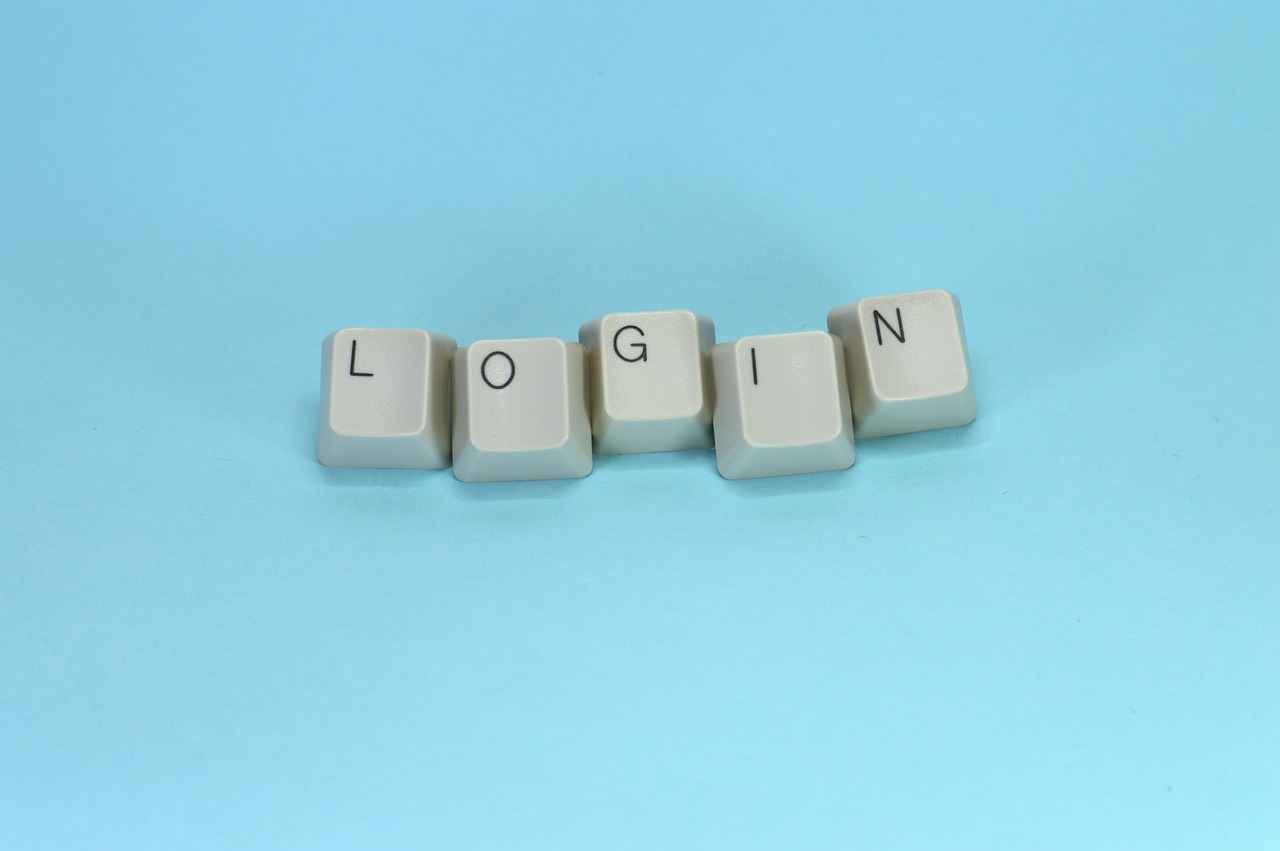The Influence of Social Media on Society and Culture
In recent years, the emergence of online communication platforms has revolutionized the way people connect and interact with one another. These digital platforms have provided individuals with the ability to communicate instantaneously across vast distances, breaking down traditional barriers to communication. The convenience of being able to send messages, make video calls, and share content with just a few clicks has transformed the way we conduct both personal and professional relationships.
Moreover, the rise of online communication platforms has not only facilitated easier and faster communication, but it has also opened up new opportunities for collaboration and networking. From social media platforms to messaging apps, these digital tools have enabled connections between individuals who may have never crossed paths otherwise, fostering a global community that transcends geographical boundaries. As more people turn to online communication platforms for both social interactions and work-related tasks, the importance of understanding the nuances of digital communication continues to grow.
The Impact on Interpersonal Relationships
Communication has always been a fundamental aspect of forming and maintaining relationships. With the rise of online communication platforms, the way we interact with each other has undergone a significant transformation. The convenience and accessibility of these platforms have made it easier for individuals to stay connected, whether they are across the street or across the globe.
However, while online communication has its benefits, it has also brought about challenges to interpersonal relationships. The lack of face-to-face interaction can sometimes lead to misunderstandings and misinterpretations, as non-verbal cues such as body language and tone of voice are absent in digital conversations. This can result in conflicts that may not have arisen in traditional, in-person interactions.
• Online communication platforms have made it easier for individuals to stay connected
• Lack of face-to-face interaction can lead to misunderstandings and misinterpretations
• Non-verbal cues such as body language and tone of voice are absent in digital conversations, leading to conflicts
The Role of Social Media in Shaping Public Opinion
With the widespread use of social media platforms, the role of social media in shaping public opinion has become increasingly significant. Individuals now have the power to share their thoughts and opinions with a global audience instantaneously, influencing public discourse and shaping collective viewpoints. Social media has provided a platform for individuals to express their perspectives on various social, political, and cultural issues, leading to the formation of online communities and the amplification of voices that may have previously been marginalized.
Furthermore, social media has allowed for the rapid dissemination of information, making it a key player in shaping public opinion. With news being shared and consumed at a rapid pace on platforms such as Twitter, Facebook, and Instagram, individuals are exposed to a wide range of viewpoints and news stories that can influence their beliefs and attitudes. The ability for information to spread quickly and reach a vast audience has made social media a powerful tool in shaping public opinion on a global scale.
How has social media changed the way we communicate?
Social media has revolutionized the way we communicate by providing easier, faster, and more convenient ways to connect with others.
Can social media influence public opinion?
Yes, social media plays a significant role in shaping public opinion by allowing individuals and organizations to share information and viewpoints with a wide audience.
What impact does social media have on interpersonal relationships?
Social media can both strengthen and strain interpersonal relationships by providing constant connectivity but also potentially leading to miscommunication or feelings of inadequacy.
How does social media affect the spread of information?
Social media platforms can rapidly disseminate information to a large audience, but this can also lead to the spread of misinformation and the formation of echo chambers.
What steps can individuals take to critically evaluate information on social media?
Individuals can practice media literacy by fact-checking sources, verifying information from multiple sources, and being cautious of confirmation bias when consuming information on social media.





